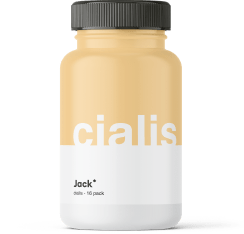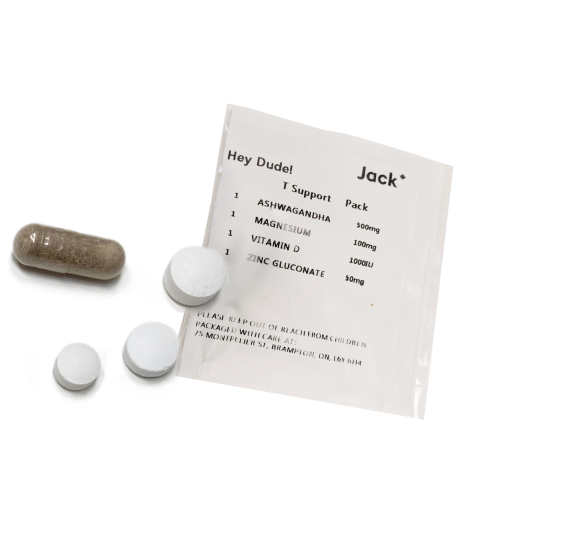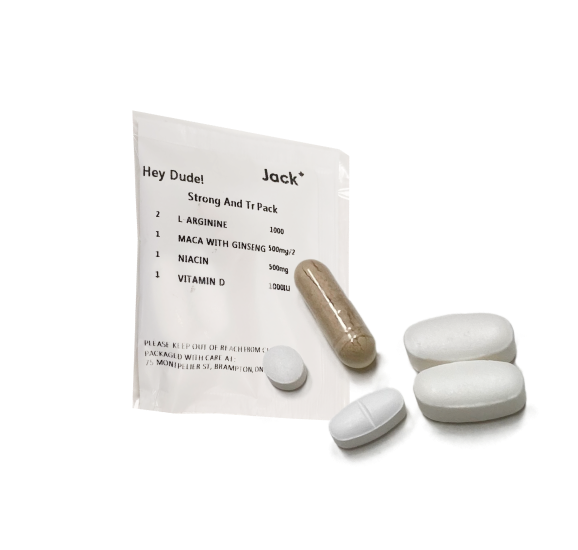Ever feel like your sex drive isn’t what it used to be? That shift is more common than you might think, and it doesn’t mean something’s wrong with you.
Libido is a common concern in men over 40, and like changes to eyesight or energy, it declines gradually after age 40. The good news is that science shows there are practical ways to bring it back.
This article covers evidence-based methods to boost libido and improve sexual performance. You’ll also learn what’s normal, what’s not, and when to talk to a licensed provider.
How to Improve Sexual Performance After 40: Evidence-Based Strategies
Improving your sex life after 40 doesn’t always require medication. In fact, some of the most effective strategies start with how you eat, move, and rest. Healthy lifestyle habits play a key role in supporting libido, hormone balance, and sexual performance.
Let’s start with the basics.
Modify Your Lifestyle Choices
Small changes to your daily routine can have a big impact on your sexual health and desire.
- Regular Exercise
Physical activity increases blood flow, supports a healthy weight, and is linked to cardiovascular health, which in turn has a direct impact on erections. In particular, resistance and strength training may improve testosterone levels.
- Balanced Diet
What you eat plays a significant role in maintaining hormone health and supporting sexual function. A diet rich in specific nutrients can be increased through proper nutrition to support libido. Focus on:
- Zinc – essential for testosterone production (found in oysters, pumpkin seeds, beef)
- Healthy fats – support hormone synthesis (avocados, nuts, olive oil)
- Antioxidants – reduce oxidative stress that can harm blood flow and hormones (berries, leafy greens)
Together, these nutrients support hormone balance and reduce inflammation, two key factors that contribute to maintaining a healthy sex drive.
- Adequate Sleep
Sleep isn’t just rest, it’s recovery. Testosterone is impacted by sleep quality, and chronic sleep deprivation is associated with reduced dopamine activity, which kills desire.
Look Into Medical Interventions
When lifestyle changes aren’t enough, medical options can help. These treatments target the hormonal and physical causes of low libido and performance issues, backed by science and guided by licensed providers.
- Testosterone Replacement Therapy (TRT)
If your T-levels are low, TRT is addressed in clinical guidelines for men dealing with fatigue, mood swings, and low libido. It can be monitored through lab testing, which Jack Health offers through licensed Canadian providers.
- Hormone Replacement Therapy (HRT) for Women
Yes, this affects couples. For women, bioidentical HRT helps manage menopausal symptoms that can lower sexual desire.
- Use of Medications like Cialis
Cialis improves blood flow, which helps with erections. However, it’s essential to note that Cialis does not increase libido. It is not a desire enhancer, just a performance booster.
For those exploring treatment options, it’s possible to obtain ED medications online without a doctor’s visit in Canada through trusted telehealth providers like Jack Health.
Consider Psychological and Relational Approaches
Libido isn’t just physical; it starts in the mind. Emotional health and relationship dynamics play a big role in sexual desire and satisfaction.
- Couples Therapy and Open Communication
Emotional intimacy is affected by emotional well-being, especially if there’s relationship stress. Talking about it (yes, even the awkward stuff) helps. Therapy can be boosted with behavioral changes, like setting aside time for non-sexual touch or quality time.
- Mindfulness and Stress Reduction Techniques
Meditation, breathwork, and yoga can be supported by adaptogenic herbs like ashwagandha, which lower cortisol (your stress hormone). Remember, libido is often affected by stress and fatigue, which is why relaxation helps.
Why Libido Declines with Age
Just like eyesight fades or joints get stiffer, your sex drive naturally changes over time. After 40, key systems that support sexual health, such as hormone levels, blood flow, and metabolism, start to slow down.
Testosterone production drops by about 1% per year after your 30s. This hormone decline is studied in aging and wellness research as a major factor in reduced libido, energy, and mood in men. For women, falling estrogen levels during perimenopause and menopause can cause vaginal dryness and discomfort, making sex less appealing.
In both cases, the outcome is the same: lower desire, more frustration. But the decline isn’t a failure—it’s biology. And now that you know what’s happening under the hood, you can take steps to turn things around.
The Importance of Addressing Low Libido
Here’s the thing: ignoring libido issues won’t make them go away. A low sex drive can strain relationships, lower self-esteem, and impact mental health. But the flip side? When you take action, you don’t just improve your sex life, but you improve your confidence, connection, and overall quality of life.
In some cases, trying additional tools like cock rings can help enhance arousal and performance during sex. If you’re curious, learn how to use a cock ring safely and effectively as part of a broader approach to boosting desire.
Key Takeaways
- Libido is influenced by hormonal levels and naturally declines gradually after age 40.
- Boosting libido starts with healthy habits like regular exercise, a balanced diet, and effective stress management.
- Options like TRT, therapy, and Jack Health’s personalized treatment plans offer science-backed support—no awkward clinic visits required.
Frequently Asked Questions
Does Cialis increase libido?
No. Cialis helps with erectile function, but it does not directly affect libido. It works by improving blood flow, not desire.
When should I see a doctor about low libido?
If low libido lasts for several months, affects your relationships, or comes with symptoms like fatigue or depression, talk to a licensed provider.
Are there supplements that can enhance libido?
Some supplements, such as maca root or ashwagandha, can be supported with complementary natural supplements. But research shows mixed results. For real results, check your hormone levels and talk to a professional.















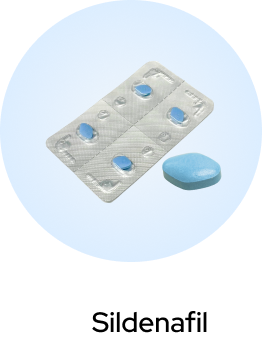
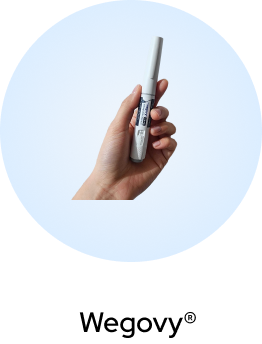
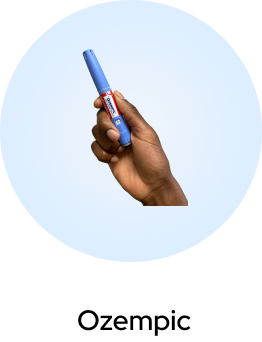


 (US)
(US)